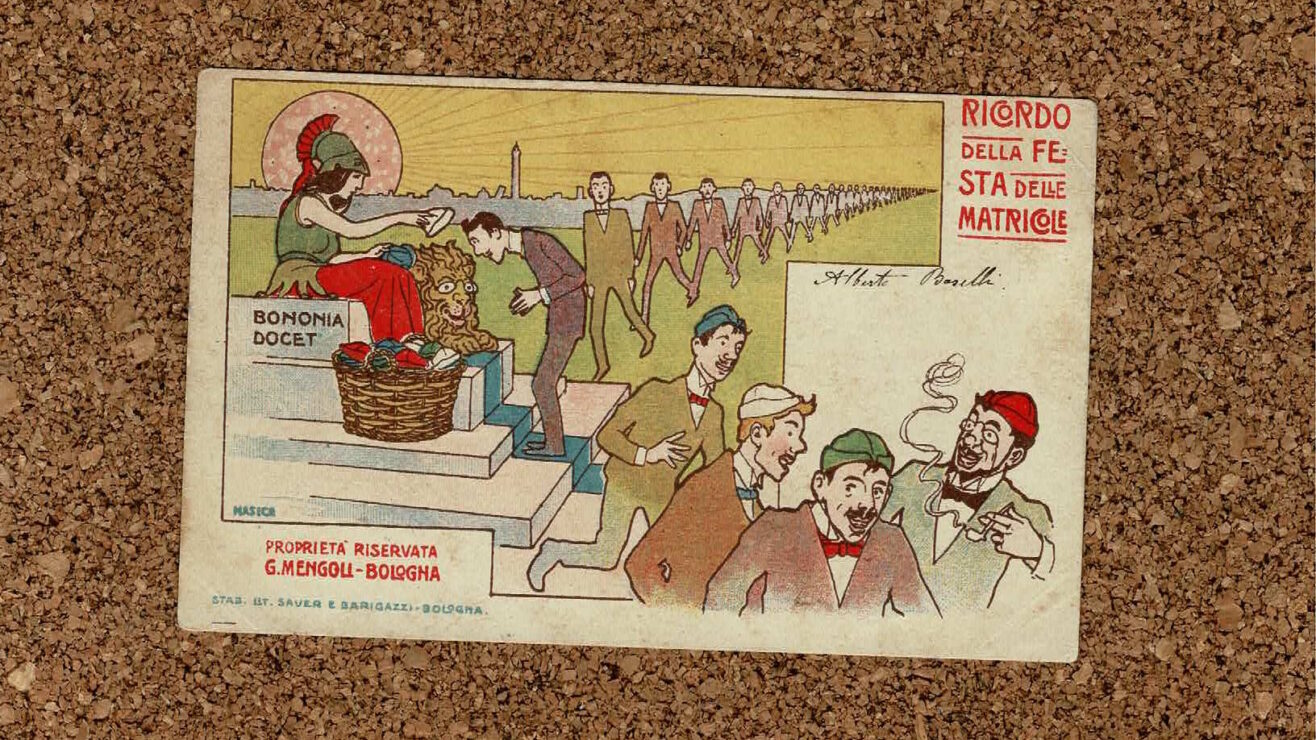Since our rapid pivot to emergency online teaching, we have been captured by discussions about the digital divide.
Where I work, in South Africa, this has been primarily focused on access to hardware and software. Given that few students have personal computers or the funds for internet access, the pandemic has brought about a logistical nightmare for university managers. Even after mass orders of laptops had been placed and free access to a few educational sites had been negotiated with service providers, some students in rural areas were left behind because no signal reaches the villages to which they returned when campuses closed.
While most of us in higher education around the world were busy with the pragmatics of such logistical issues, elements of the growing technology industry focused on the higher education market was rubbing its hands in glee.
Solutions to hand?
As Naomi Klein describes in her book Shock Doctrine, disaster capitalism is enabled when quick decisions need to be made and mandates given that would usually be held up to far more scrutiny. The disaster provides a perfect foil for initiatives to be introduced in the name of safety, security, and the status quo. Klein demonstrates how entire nations are thrust into neoliberal agendas in response to crises, but even at a smaller scale, disasters can allow highly problematic decisions to be taken because they seem to offer quick solutions to immediate problems.
In the months after the pandemic began, I noticed that alongside the ubiquitous invitations from predatory publishers, my inbox was filling up with emails advertising “plagiarism software” (sic) and “proctoring technology”. There were also flashy marketing bids from companies that promised far more bells and whistles in our online learning environments than our overworked edtech department could ever hope to offer – and who can resist shiny bells and tuneful whistles?
Much has been said about outsourcing in the higher education sector. In South Africa, this issue was taken up by students in the 2015 and 2016 protests who demanded that universities employ their own cleaners, cooks, and maintenance workers on a living wage rather than outsourcing these processes to companies employing people on precarious contracts and paying the bare minimum.
But the protestors didn’t pick up on an issue euphemistically termed “unbundling”. Unbundling is the process whereby all manner of educational activities have been outsourced to educational technology providers.
Black mirror
We can now hand over assessment to one company and co-badge micro-credentials with another. We can buy shiny learning materials from one lot and get another to oversee our course design. Those companies trading in MOOCs and online course provision have now been joined by other so-called “service providers”.
The convergence of unbundling, marketisation and digitisation processes may have been an increasing concern for the sector for some time but it has come to full bloom under Covid-19. The new products for sale ensure that students are who they say they are when they logged in for an exam and check that none of the words these students submit are lifted from Wikipedia or bought from a papermill.
In a practice that feels like a scene from Black Mirror, students’ eyeballs are surveilled by someone on the other side of the world and biometric templates of their keystroke patterns are monitored. These problems and their techno-determinist solutions may not have started with the pandemic but they have escalated, and they have brought more and more salesmen to the door (or to my email inbox at any rate).
Another way?
It seems that for some university staff, the pandemic has confirmed the extent to which students will manipulate the system to get the piece of paper we are selling. In response to this understanding, software peddlers offer sophisticated services to catch and stamp out this criminal activity (lest the qualifications we offer suffer a rapidly declining street value and our market crashes).
But imagine if this was not how we interpreted our students’ actions.
The pandemic could have been the pause needed to reconsider the extent to which we inculcate a love of learning and make spaces through innovative assessments for the co-creation of knowledge. We might have spent time showing students why (not how) we reference in academia, rather than threatening exclusion when we catch them stealing ideas. We could have focused on how to ensure that all assessments are socially just.
Imagine if universities allocated even half the time and money spent on plagiarism cases and proctoring software to educate their students on what a higher education is really for. Imagine if students were surrounded by conversations about the merits of attaining a transformative relationship to knowledge and were engaged in discussions about the responsibilities to people and the planet that come with a university education.
Sadly, it seems for now that the pandemic has escalated many of the problems inherent in the sector. But the lack of trust in university employees and in students, the framing of a university qualification as a training credential and the positioning of higher education as a market will not hold.
This is the perfect time to ask ourselves what the heck we’re doing and start to put the common good ahead of all other considerations.














“Imagine if universities allocated even half the time and money spent on plagiarism cases and proctoring software to educate their students on what a higher education is really for.” Yes! I remember working on plagiarism and it was so clear to see that a lot of this issue comes from a lack of support prior to stressful situations that result in essay mill use, for example. Really interesting article!
Thanks so much for this comment, @Megan Robertson.I agree. We police and punish but spend precious little time showing where and why we reference and developing an excitement to participate in the conversation in the literature.
This is a sentiment which I can relate to. I think one of the problems with Plagiarism is the lack of understanding that both academics and students have of the subject, and the way in which we learn the academic discourse of our subject.
Situational prevention techniques, and punishment are not effective deterrents, especially when the ‘act of plagiarism’ arises due to what we name ‘poor academic practice.’
The so called poor academic practice, may be wholly unintentional, and arise from a lack of learning and practice of the new academic voice we expect our students to have mastered the day they enter the HE establishment. Rather like learning, a new language, students move through the development of their academic voice through speaking the words of others and then speaking on their own, using their own vocabulary – should we really be accusing someone of being dishonest by doing that? After all, didn’t we all teach our children to speak through repetition of phrases before expanding their vocabulary, and learning to create their own sentences.
Technology should be used to support this process, not penalise it.
Could not agree with you more, Ian Hall! We speak in terms of ‘theft’ and ‘cheating’ and nothing about our role in inducting students into the seemingly mysterious notion of voice and how to use referencing to build knowledge claims. And the latter requires lots and lots of opportunities to practice and fail before starting to get it right.
Refreshing article on the reasons for education. I think a blended approach is needed. Online monitoring of test writers empowers students who otherwise would not have access to certain forms of education to participate and qualify. One certainly can not qualify a person in a field if they are not completing the evaluations themselves.
On the other hand, explaining the reasons for being ethical and the advantages to one’s own personal development seems a deeper and more meaningful solution. Could staff truly reach all students with this message online? I wish they could but it seems unlikely. Rhodes has certainly tried.
My daughters are both studying online: one at school level and the other at Rhodes, living in Res but completely online.
If I had a choice I’d wish all students were so honest and hard working that their work was motivated from an ethical place but the value of my student’s qualification rests heavily on the ethics of other students, without the help of online tools.